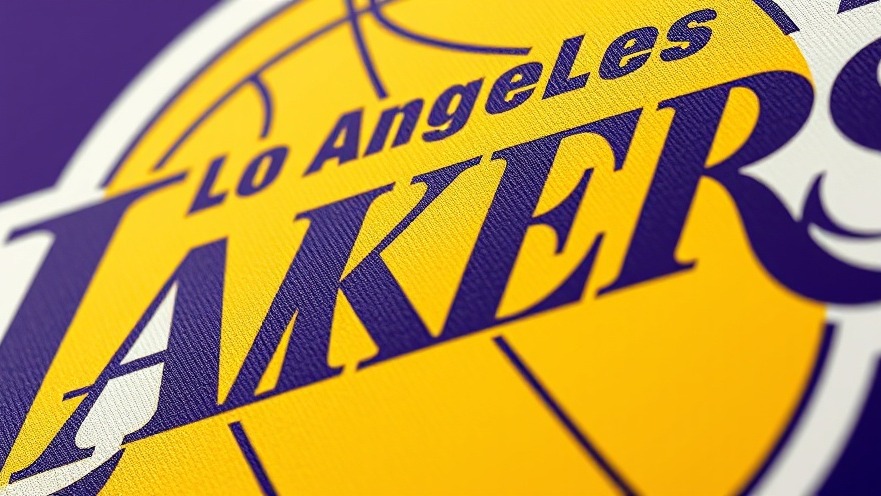
The Record-Breaking Sale: Lakers Make Sports History
In an unprecedented move that has captured the attention of sports fans worldwide, the iconic Los Angeles Lakers have officially been sold for a staggering $10 billion to Mark Walter, the current owner of the Dodgers. This transaction is noteworthy not only for its record-breaking valuation but also for the implications it holds for the future of sports franchises across the globe. The Bus family, which has held ownership since 1979, had invested only $67.5 million to acquire the franchise, a fact that highlights the extraordinary rise in the valuation of sports teams.
In Shams details the Lakers being sold for $10 billion to Mark Walter, we delve into the vast implications of this historic sports transaction that reshapes the landscape of team ownership.
A Deep Dive into the Lakers Legacy
The Lakers have long been synonymous with success in the NBA, boasting 17 championships and a roster that has featured some of the greatest players to ever grace the court, including Kareem Abdul-Jabbar, Shaquille O’Neal, Kobe Bryant, and most recently, LeBron James. Each championship title contributed to a legacy that has not only positioned the Lakers as a powerhouse in basketball but has also made them a cultural icon in the world of sports. As the dollars involved in this sale indicate, the franchise itself could be viewed as more than just a team; it’s a lucrative global brand.
Contrasting Values: The Past vs. Present
When Jerry Bus purchased the Lakers for $67.5 million, the landscape of sports merchandising and broadcasting was vastly different. In 1979, local sports channels did not dominate the airwaves, and the concept of global merchandising was still evolving. Fast forward to today, franchises have become some of the most valuable assets in entertainment, thanks to lucrative media deals, sponsorship opportunities, and merchandise sales. The Lakers' sale price not only sets the bar in basketball but signals a transformative moment in the sports business.
The Bus Family's Continued Influence
Even with the sale, Genie Bus will retain her role as governor of the franchise, and the Bus family is also holding onto over 15% ownership. This suggests that despite the shift in majority ownership to Walter, the Bus family's legacy and influence in the Lakers’ culture will persist. Their historical importance to the team cannot be understated, as they navigated the complexities of NBA ownership and brought innovation to an already storied franchise.
What This Means for Future Franchise Sales
The sale of the Lakers could have ripple effects throughout the sports business world, particularly among other NBA teams. The $10 billion price tag firmly establishes the valuation standard for sports franchises, largely overshadowing the previous record set by the Boston Celtics, which sold for over $6 billion. Could we see other teams re-evaluating their worth? Given the rise of sports betting and an increasing number of revenue streams, more owners might be positioning themselves to sell at peak valuations in the coming years.
Conclusion: The Lakers' Impact on Sports Culture
The Lakers' sale is not just about statistical records and astronomical figures; it signifies a pivotal moment in the evolution of sports franchises. With the lines between sports, entertainment, and business blurring, the entire paradigm of team ownership is undergoing a monumental change. Fans should keep an eye on how this sale influences other teams and the broader landscape of professional sports.
As the sports world continues to evolve, the Lakers' story serves as a reminder of the powerful connection between a team and its legacy—all grounded in the profound impact this franchise has had on basketball and sports culture at large.
 Add Element
Add Element  Add Row
Add Row 



Write A Comment